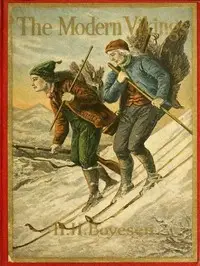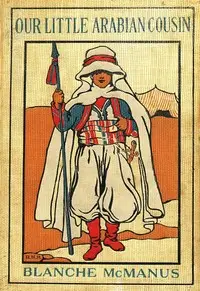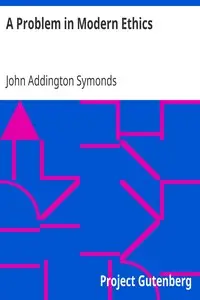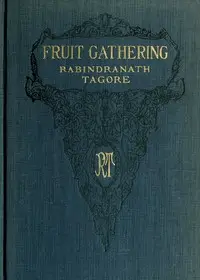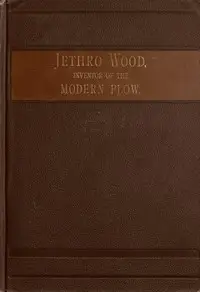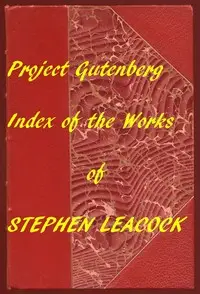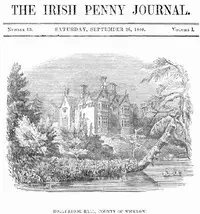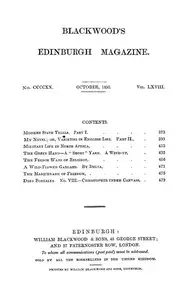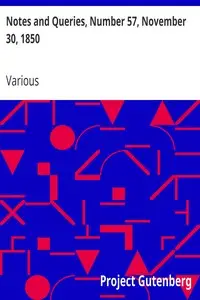"1811 Dictionary of the Vulgar Tongue" by Francis Grose is a lexicon of slang and colloquial expressions compiled in the early 19th century. The book provides an extensive collection of terms used by various social classes, particularly focusing on the jargon of the lower orders of society, including thieves, pickpockets, and bawds, as well as terms from university slang. The work aims to document and make comprehensible the colorful and often bawdy language that characterized the period. At the start of this dictionary, we are introduced to the premise that Captain Grose’s original work has been revised and expanded with modern additions to better reflect the changing vernacular. The preface discusses the need for understanding the unique slang used by different social groups, emphasizing that the wealthy and fashionable were developing their own vulgarisms. Grose argues for the moral significance of understanding these terms, suggesting that the dictionary will help mitigate the influence of vulgar language in wider society, particularly among women. The opening also includes examples of terms from the dictionary, illustrating a diverse array of entries ranging from playful to risqué, showcasing the vibrant linguistic fabric of the time. (This is an automatically generated summary.)
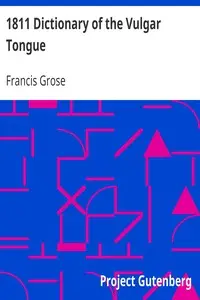
1811 Dictionary of the Vulgar Tongue
By Francis Grose
Reprint of the author's Lexicon balatronicum; a dictionary of buckish slang, university wit, and pickpocket eloquence (and now considerably altered and enlarged, with the modern changes and improvements, by a member of the whip club.)
Genres
Released
2004-04-01
Formats
epub (images)
epub3 (images)
mobi
mobi (images)
epub
Free Download
Overview
About the Author
Francis Grose was an English antiquary, draughtsman, and lexicographer. He produced A Classical Dictionary of the Vulgar Tongue (1785) and A Provincial Glossary, with a Collection of Local Proverbs, and Popular Superstitions (1787).
Total Reviews
10.0k
Total reviews from Goodreads may change


